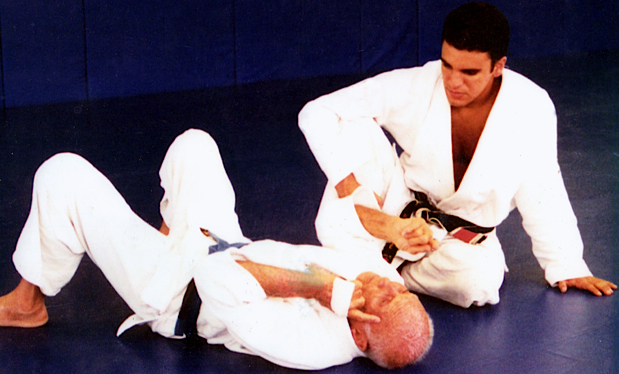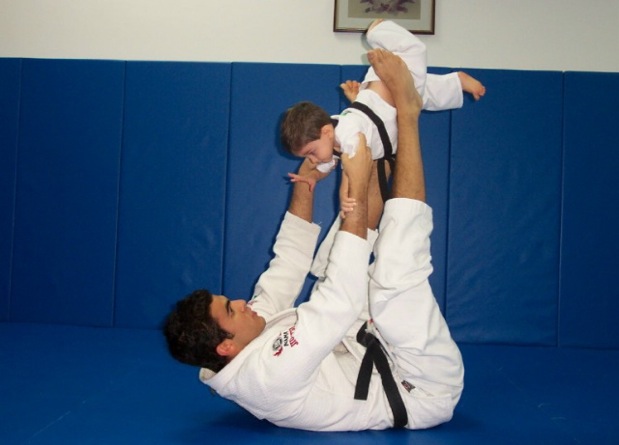
JŪJUTSU PHILOSOPHY
The practice of jūjutsu transcends the execution of chokes, joint locks, immobilizations, throws, and strikes. A true understanding of the jūjutsu philosophy prepares men, women, and children for life, showing them paths to a healthier life and the most efficient use of physical, mental, and spiritual strength.
Eating well is jiu-jitsu; taking care of your body is jūjutsu; saying no to cigarettes, alcohol, and drugs is jūjutsu, and keeping a close bond with relatives and friends is jiu-jitsu.
The Valente brothers created the 753 Code in order to preserve and disseminate the original philosophy of jūjutsu.
Maximum Effectiveness with Minimum Energy
Jūjutsu is the way to the most effective use of physical, mental, and spiritual strength. By teaching you attacks and defenses it refines your body, your mind, and your soul and helps you make the spiritual essence of jūjutsu a part of your very being. In this way you are able to perfect yourself and contribute something of value to the world.
The principle of maximum efficient-use of mind and body is the fundamental principle governing all the techniques of jūjutsu. This principal can also be applied to the improvement of the human body making it strong, healthy, and useful, and so constitute physical education. It can also be applied to the improvement of intellectual and moral power, and this case constitutes mental and moral education. It can be applied to the improvement of diet, clothing, housing, social interaction, and methods of business, therefore constituting a study in living. Jūjutsu, in its fuller sense, is a study and a method of training in mind, body, and spirit as well as in the regulation of life and affairs.

Jūjutsu expresses the philosophy of yielding to an opponent’s force rather than trying to oppose force with force. Manipulating an opponent’s attack by using his force and direction allows a jūjutsu practitioner to control the balance of their opponent and hence prevent the opponent from resisting the counter attack.
The philosophy of jūjutsu describes the states of mind that a warrior should be able to adopt in combat to facilitate victory. These include an all-encompassing awareness, zanshin (literally “remaining spirit”), in which the practitioner is ready for anything at any time; the spontaneity of mushin (literally “no mind”) which allows immediate action without conscious thought; and a state of composure or imperturbability known as fudoshin (literally “immovable mind”).

